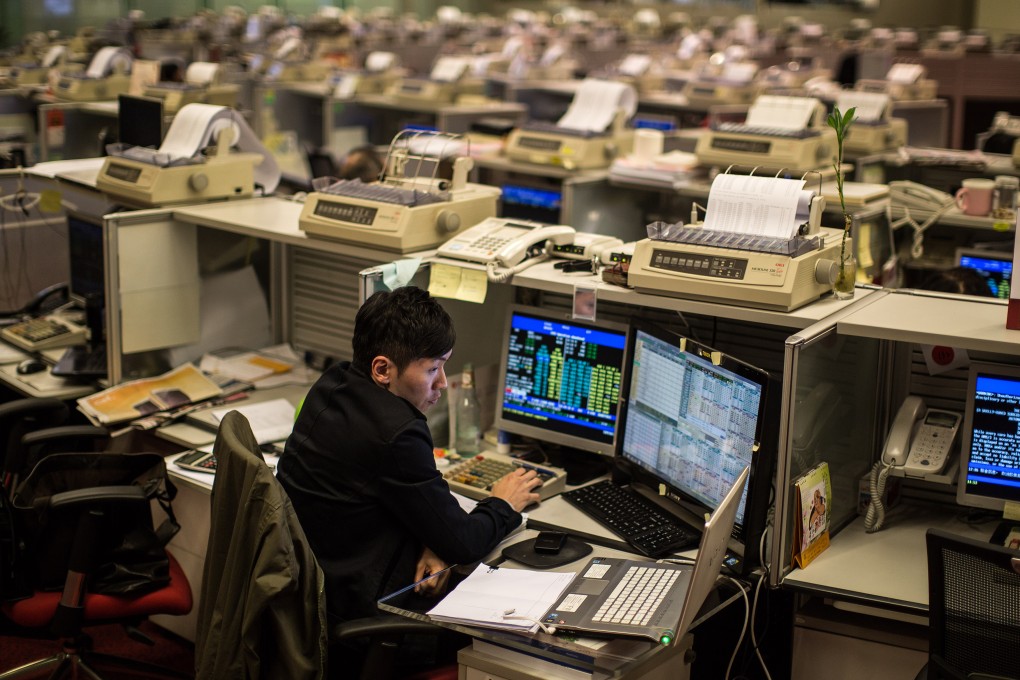White Collar | Hong Kong regulator and stock exchange operator often do the same things, needlessly

The ability of Hong Kong Exchanges and Clearing to police listed companies came into question again after the securities watchdog stepped up its role as a corporate regulator over the last year.
In its annual report for the financial year ending in March, the Securities and Futures Commission (SFC) said it issued a record 9,752 requests for brokers and fund managers asking for information about the unusual share movement of some stocks. This is up 71 per cent from the previous financial year.
The data does not include material since the start of the market in April which saw some stocks soar 40 to 50 percent in a single day. The SFC publicly said it was investigating trading of Hanergy Thin Film Power shares after its price dropped 47 per cent in 70 minutes on May 20.
The report showed the SFC has a new team to check on company announcements posted on the HKEx website and has raised 201 enquiries during the year. In 70 cases, the listed companies issued a clarification of their announcement after enquiries from the SFC.
This duplicates what the stock exchange is already doing since it HKEx has staff to monitor the announcement of these companies.
The SFC has also posted 20 announcements on its website to warn investors about some companies whose public floats are concentrated in a small number of shareholders. Then we see a similar announcement pop up on the HKEx website.
